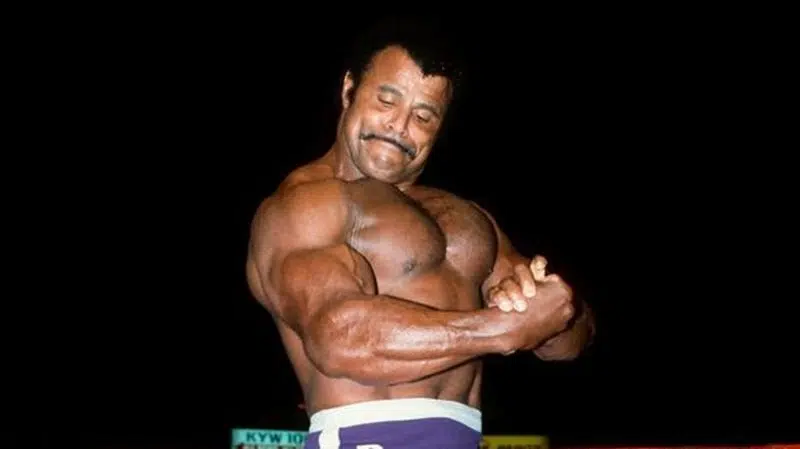
The hardscrabble story behind Canadian wrestling legend Rocky ‘Soulman’ Johnson
HALIFAX — Growing up in northern Nova Scotia in the 1950s, Wayde Bowles once spent 25 cents to watch wrestlers like “The Beast” compete at the Bailey Arena in Amherst.
“It’s hard to say exactly what captured my interest, but I was hooked before the end of the first match,” he recalled in a recent memoir that documents his rise from an abusive family life in rural Nova Scotia to a wildly successful professional wrestling career under the name Rocky “Soulman” Johnson.
“I lived for the day wrestling came to our town.”
Johnson, who is perhaps best known as the father of wrestler-turned-actor Dwayne “the Rock” Johnson, died this week in Florida at the age of 75.
